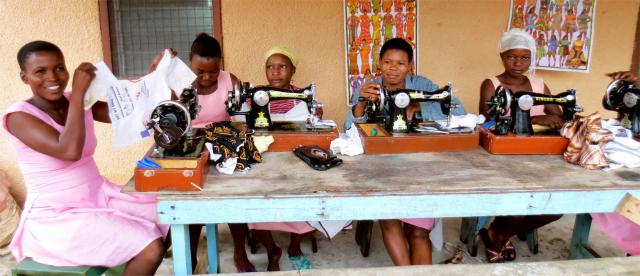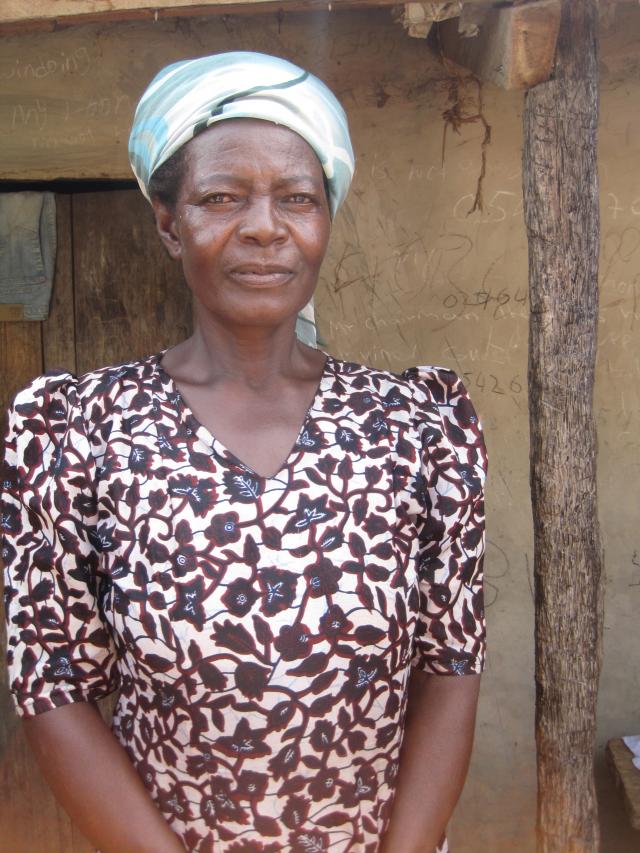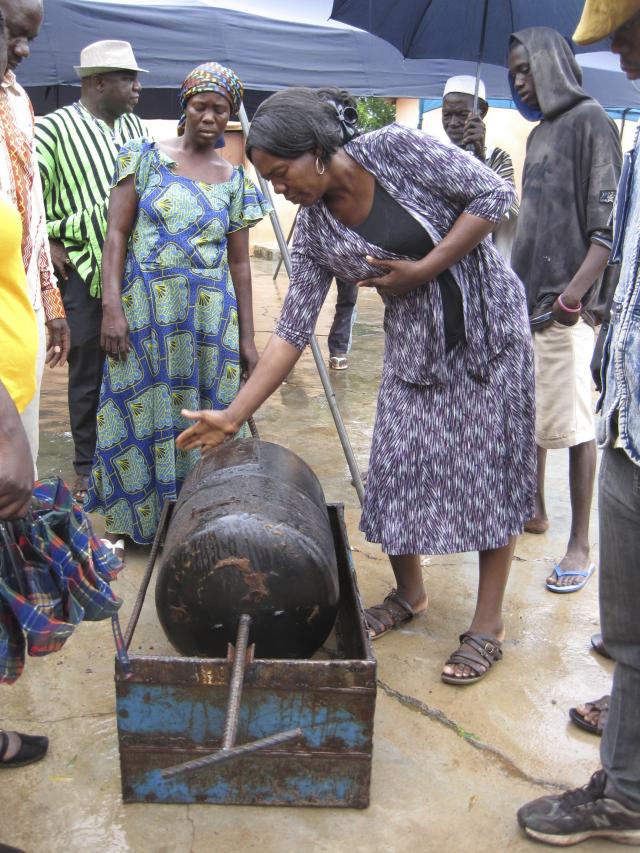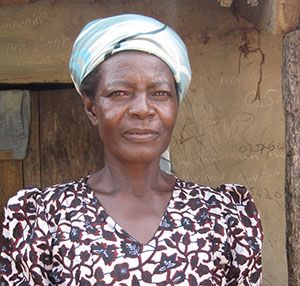At the gift shop at Cape Coast Castle, I picked up a copy of The Girl Who Can and Other Stories, by Ama Ata Aidoo. Aidoo is from Cape Coast, and after discovering her passion for writing while attending Wesley Girls’ High School, she studied English at the University of Ghana in Legon – very near to the hotel where I’ve been staying during my time in Accra.
I picked up the book because I like short stories and strong female characters, but became even more interested when I turned the book over to read the back cover. In addition to being the first published female African playwright (The Dilemma of a Ghost, in 1964), Aidoo was the first female Minister of Education for Ghana, serving for 18 months in 1982-83.

Reading the author bio jogged a memory from earlier in the week, when Bishop Jacob Ayeebo of the Anglican Diocese of Tamale was introducing us to the work of ADDRO, the Anglican Diocesan Development and Relief Organization – Episcopal Relief & Development’s partner in Ghana. In all of its programs, ADDRO and its local partners place a special focus on women, in part because women have previously lacked access to technology and financial backing to support economic empowerment. However, the larger and more positive reason for specifically engaging women is because involving the whole community in development activities is proven to contribute to sustained success.


Bishop Jacob talked about how attitudes toward education for girls have changed, citing the gender education and community sensitization work ADDRO is incorporating into its programs throughout the country. But then he mentioned something else that stuck in my mind. Female role models are important, he said, not only for young girls to emulate, but also for adults and those in power to see that change doesn’t necessarily break traditional family and social structures. “The minister of education still supports her family,” he said, noting that women working outside the home, becoming breadwinners and leaders, is common now in both cities and rural areas.
I’m not sure if he was referring to Ama Ata Aidoo, as she is not married and there have been several female ministers of education since. But after reading Aidoo’s stories from 1997 – one about a woman reflecting on how women’s progress hasn’t dramatically changed how men treat them; another about how it can take generations for women’s aspirations to come to fruition – and then seeing how women in places like Binaba and Yelwoko are empowering themselves today through vocational training and micro-finance groups, I understood what he meant.
—————
Faith Rowold is the Communications Officer at Episcopal Relief & Development.
Photos: Women at the Anglican Women Development Center. Photo Credits: Top, Mary Stuart Smart. Middle, Faith Rowold






